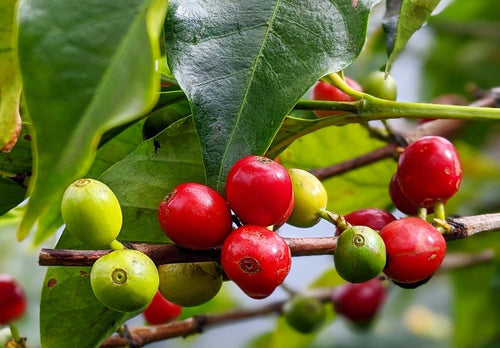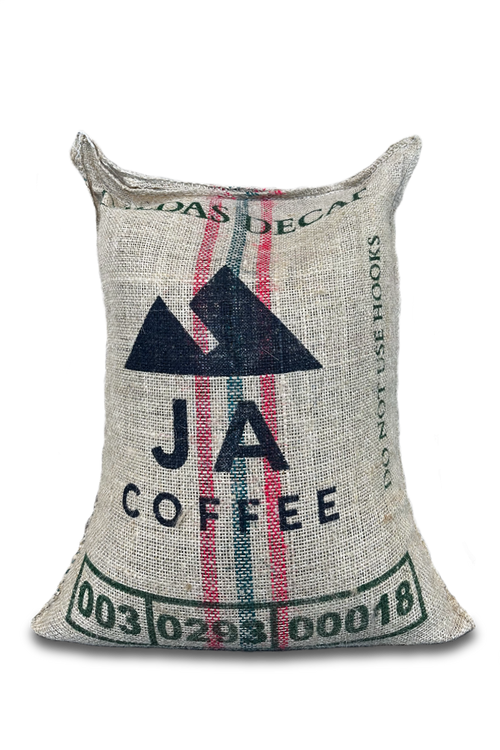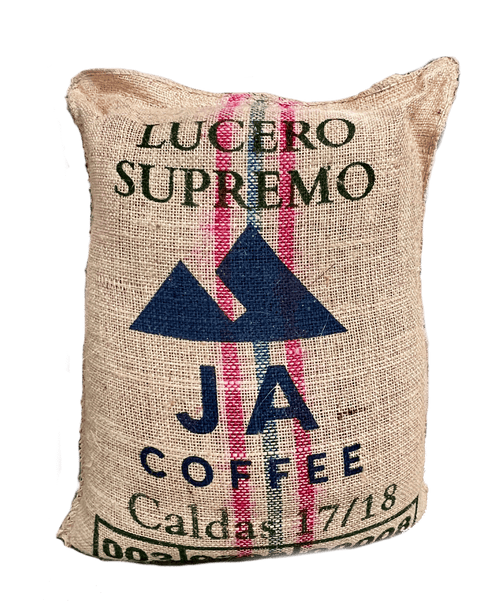Colombian Coops
Colombia
Experience the richness of the coffee grown in Colombia's fertile soil by Proud Cooperatives.
A Brief History of Colombia's Coffee: The Power of Cooperatives
In the landscapes of Colombia, coffee is more than just a crop – it's a symbol of tradition and community pride. The journey of Colombian coffee traces its roots to the early 18th century, and since then, it has engraved its mark as one of the world's most sought-after brews.
The unique climate, characterized by two annual rainy seasons and the varied altitudes of the Andes Mountains, offers an ideal setting for producing distinct and diverse coffee flavours. These natural advantages made Colombia a magnet for coffee cultivation.
However, it wasn't just nature that shaped Colombia's coffee legacy – it was the human touch. Small coffee growers, faced with the challenges of a volatile market and the complexities of export, turned to a cooperative model in the late 19th and early 20th centuries. These farmers formed cooperatives by collaborating, creating shared resources, knowledge, and a collective voice in the global market.
Cooperatives in Colombia transformed the dynamics of coffee production. They ensured not only consistent quality but also sustainable farming practices, securing the livelihoods of local communities. The cooperative model emphasized training, quality control, and fair pricing, leading to a steady improvement in the quality of beans produced.
Today, Colombian cooperatives remain at the forefront of the global coffee scene. Their combined efforts produce some of the most aromatic, flavorful, and smooth coffees known to the world – a testament to the symbiotic relationship between the rich Colombian lands and the proud communities that call them home.
















